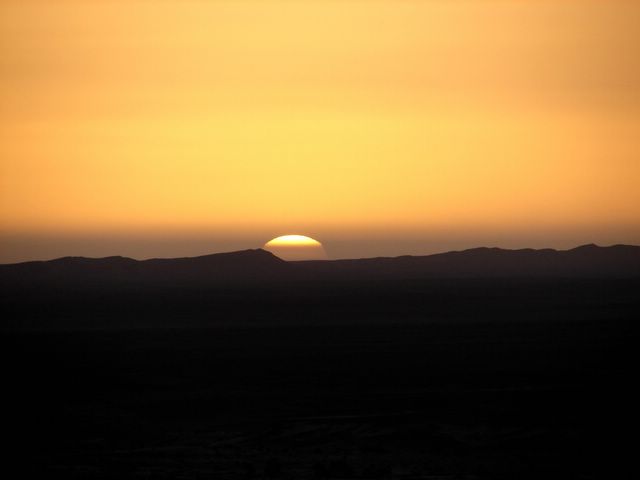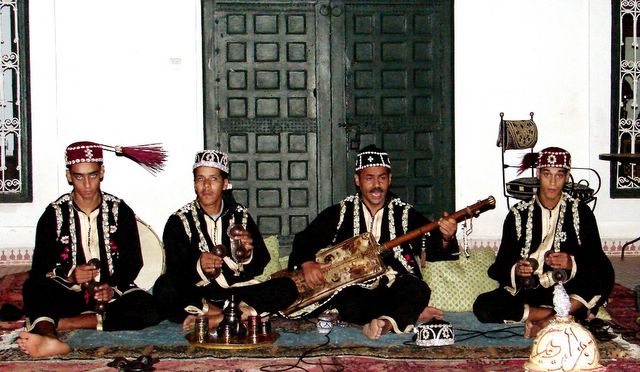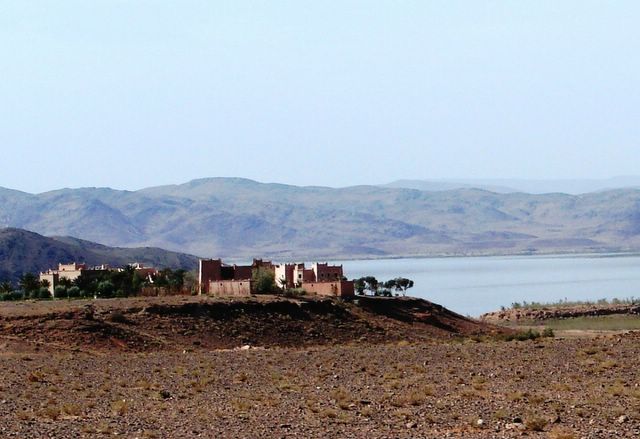Report From Bishkek
Melissa reports:
Update as of April 11th - President Askar Akaev submitted a formal resignation a week ago from Moscow, where he has political asylum. The current Kyrgy Parliament is comprised of the deputies with seats won in the recent elections over which there was only limited controversy -- the most contested seats remain unrecognized pending a new round of voting which hasn't been scheduled yet. Akaev's daughter, Bermet, must wait for a new election but I believe his son, Aidar, could attend Parliament if he chose because his seat isn't being contested. I'm not sure, but I believe both children are still in hiding. If Aidar is here, he has been very quiet.
The sitting Parliament debated for a week over whether or not to accept the resignation. The problem was that the resignation included provisions for immunity from prosecution for Akaev and his family, as well as guarantees for a financial package and access to media outlets whenever he wanted them. Many of the deputies in Parliament rejected these provisions. The public rejected them harshly, of course, and deputies who are thinking of their future political positioning want to be able to portray themselves as hard on Akaev. So, there was a serious discussion of moving forward with impeachment instead of accepting the resignation. However, on April 11th, Parliament finally accepted the resignation but trimmed the conditions so that Akaev has immunity (but his family doesn't) and he has a "modest" retirement package. I'm not sure what that means and we should reserve judgement of this settlement until we see the facts. Also, access to media outlets was curtailed so that Akaev can't meddle in public affairs.
Meanwhile, the most well-known oppositionist, long-time Akaev foe Felix Kulov (former vice-pres, head of state security, governor of Chui Oblast, and mayor of Bishkek) was freed from prison on March 24th as part of the uprising. He immediately took control of security in Bishkek and did a good job of bringing some sort of order to the streets after the looting. By virtue of his popularity, he is a serious contender for the presidency, which is why Akaev tried to keep him in prison, beginning with the 2000 elections. However, his criminal convictions make him ineligible to run, according to the Kyrgyz Constitution. So, the Supreme Court has recently overturned his politically-motivated convictions, and he is now free to run. Sources here in Bishkek say that he is quite authoritarian and is not a true friend of democracy, despite his insistence on following the rule of law in recent events. Apparently, he and the current acting President, Bakiev, have agreed that which ever one of them wins the Presidency next, will make the other guy the Prime Minister. Nice little arrangement, if it holds up to the pressure of the political battle. Due to the delay in deciding what to do about Akaev, the presidential elections have been rescheduled from June 26th to July 10th (as of today, anyway).
In other news, as khalij-khazar [see comments to 'More from Central Asia'] said, things in the south of the country are a little less stable. There are reports that several different people claim to be the legitimate governor of Jalal Abad Oblast -- I've heard both 3 and 5 as the number of claimants. Of khalij-khazar's other concerns about religious fundamentalism, that currently seems to be less of a threat than the opening that political instability will give to the narco-barons, at least one of whom is serving in Parliament right now as a deputy. We all know that the tonnage of narcotics coming out of Afghanistan is the highest in years. Much of that comes directly through southern Kyrgyzstan, with a significant impact on the economy and society of Osh. With peoples' attention diverted to protests in front of the government buildings, or to events in Bishkek, drug traffickers can operate with much more freedom. This is one of the things that concerns the world powers the most about the current instability. This also bears watching.
One of the things that has given people a sense of relief in the south is that the anti-government protests in Osh and Jalal Abad were supported by all ethnicities -- Kyrgyz, Uzbeks and Russians -- rather than polarizing them in different camps. As khalij-khazar says, there is the potential for Kyrgyz-Uzbek strife there, so unity in the recent mobilization was an encouraging sign.
Overall, people here in Bishkek are watching and waiting. The optimists are encouraged, the skeptics are doubtful that anything has really changed. Maybe this was just a shuffling of existing elites and none of them really cares about authentic democratic reform. On the other hand, any improvement in transparency (and there has been some recently) has to be beneficial. The test now is to see if the new leaders follow through on their promises.


























2 Comments:
Not if that premise with the presidential elections you mentioned holds up!
As for the those guys claiming to be a legit. governor - why not hold elections for them?
April 12, 2005
I am flattered that you quoted me Jawad...but like I said before, I find the best source for Central Asian news to be from www.eurasianet.org...very comprehensive
April 20, 2005
Post a Comment
<< Home